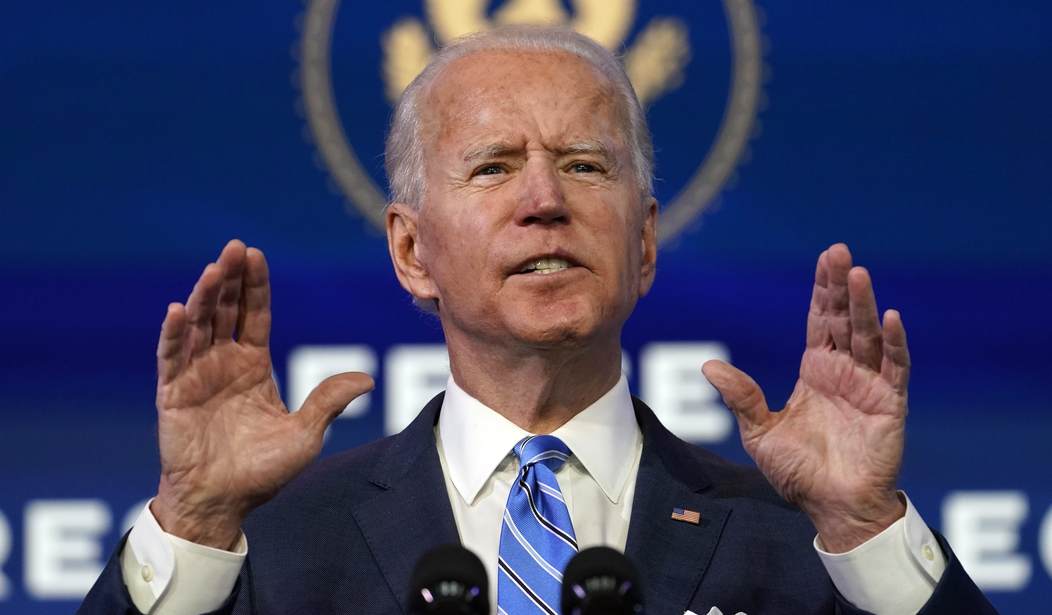One of the surprises of the 2020 election was the emergence of Georgia as a swing state. For all of the Democratic chat about turning Texas blue, Texas stayed clearly red. Georgia, however, was narrowly won by all of Joe Biden, Jon Ossoff, and Raphael Warnock, and has seen key congressional districts getting more blue in recent years.
Advertisement
But there’s a potential issue that could amplify or tamp down that trend: A major manufacturing initiative in Georgia could effectively vaporize depending on the decision of the International Trade Commission (ITC), and potentially also what action Biden does or does not take in response to that.
Here is the background: SK Innovation is a major Korean maker of batteries for electric vehicles (EVs). SK supplies Volkswagen, which is trying to position itself as a major competitor to Tesla. SK is building a factory in Commerce, Georgia, that will employ 2,000 Georgians. The factory has received backing from Gov. Brian Kemp. Commerce is in Doug Collins’ old district. But it’s not just conservatives that care about the factory, it should also be the Biden administration because of Biden’s very aggressive electrification plans. It turns out that SK’s major competitor, fellow Korean company LG Chem (of the LG group of companies, one of which maintains ties to Chinese giant Huawei), makes batteries that are currently alleged to be catching on fire, causing even Korean automaker Hyundai to switch from LG batteries to SK.
Great that SK is expanding in Georgia, as demand for its batteries seems to be increasing and as many Americans focus on regenerating the manufacturing industry here at home, right?
Advertisement
Maybe not. SK Innovation and LG Chem are locked in a dispute with the ITC, in which the ITC is expected to rule against SK Innovation out of hand. If the ITC does that, and Biden doesn’t intervene, it will mean SK basically cannot produce batteries in the US, 2,000 jobs go up in smoke, and so do Biden’s electrification plans (which will piss off the left since electrification is so key to Biden’s climate change plans). But Biden can intervene and overrule the ITC. That would allow SK to keep making batteries in Commerce, keep those jobs, and better set the US up for fuller vehicle electrification, since right now, LG’s batteries look a little unreliable.
Will Biden do it? LG is expected to mount a major campaign to pressure Biden to let an adverse ITC ruling stand; LG pressured President Trump this way, and not very subtly, already when the ruling was expected to come down during his administration. Presumably, they will do the same with regard to Biden.
Will Biden prove more deferential to the ITC or to making inroads with more conservative voters in Georgia and delivering on his electrification plans? If the former, it probably keeps Georgia in redder territory, as Biden will appear to be delivering less for voters who perhaps could be persuaded to warm to Democrats (it will be clear that Kemp has been their staunch defender, whereas Biden would appear to have abandoned them). If the latter, well, Biden— or Kamala Harris, if he doesn’t run for re-election– might have a better chance of winning Georgia again in 2024, and Ossoff and Warnock would have a better chance of holding their seats.
Advertisement
Biden failing to intervene could also affect Democratic fortunes in a 2022 rematch between Kemp and Stacey Abrams— one wonders if she will weigh in on this issue.
In 2020, the big issue on the ballot was Donald Trump. But in 2022, unless Trump really does support a primary challenge to Kemp, Trump will not be on the ballot. That likely means the old saying of “all politics is local” becoming much more the reality than it was in 2018 or 2020, and Biden should be paying attention to this issue. Kemp certainly is.












Join the conversation as a VIP Member